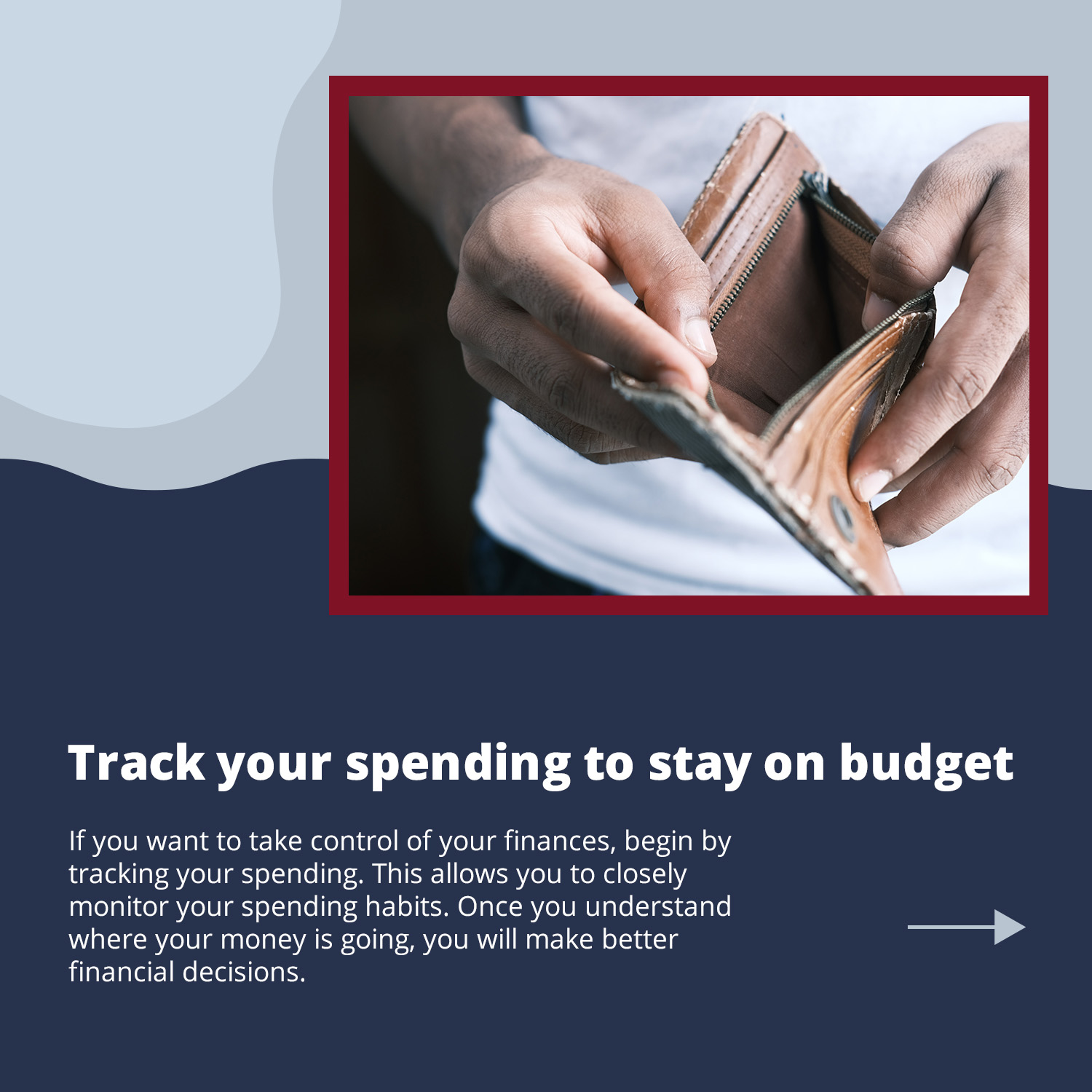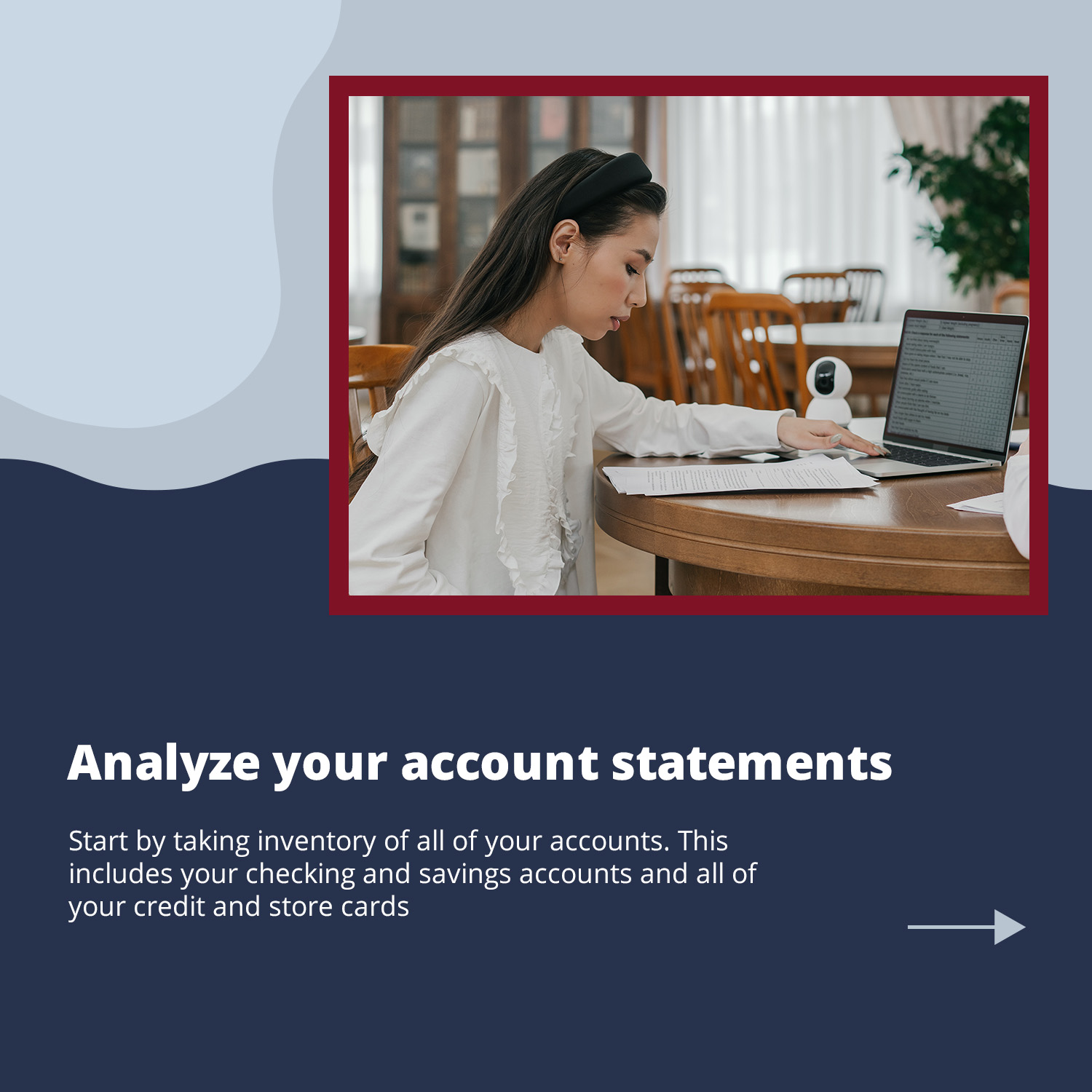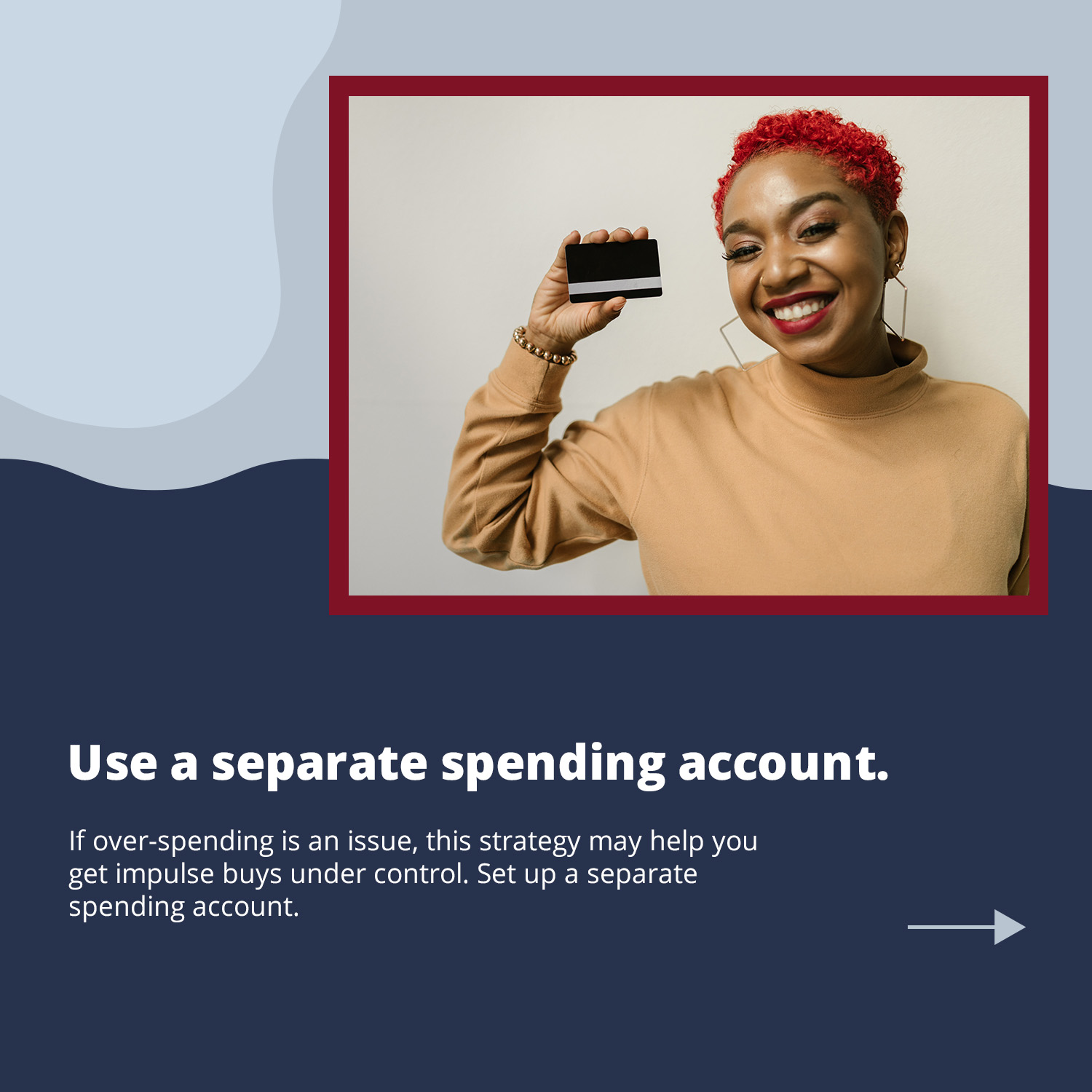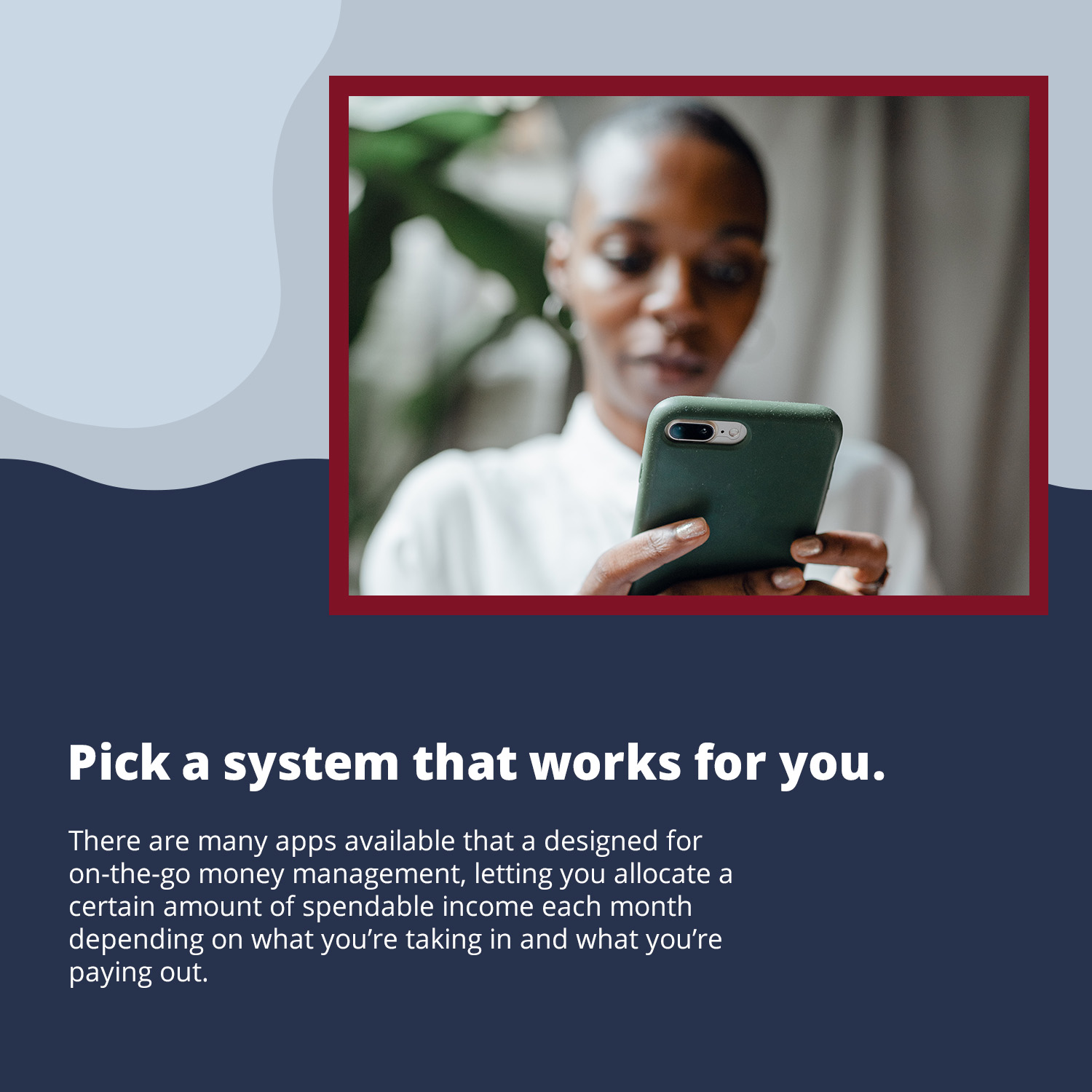Tracking Your Spending
If you want to take control of your finances, begin by tracking your spending. This allows you to closely monitor your spending habits. Once you understand where your money is going, you will make better financial decisions. Here’s how to start tracking your monthly expenses.
Analyze Your Account Statements
Start by taking inventory of all of your accounts. This includes your checking and savings accounts and all of your credit and store cards. Map out your total monthly spending.
It’s good to develop a sense of your monthly cash flow — what’s coming in and what’s going out.
Categorize Your Expenses
Spending falls into two categories; fixed expenses and variable expenses.
Fixed expenses include mortgage or rent, utilities, insurance, and debt payments. These expenses represent your core expenses. They are easier to budget because they are fairly consistent from month to month. Even seasonal expenses like heating bills can be put into a monthly payment program.
Variable expenses include food, entertainment, clothing, and out-of-pocket medical. This is the area you can apply discretion. Look for saving opportunities. By breaking down your spending patterns you can identify where to cut back. Maybe you have too many recurring subscription services or too many impulse buys from Amazon.
Study your spending breakdown to identify your spending patterns and where you can cut back.
Use a Separate Spending Account
If over-spending is an issue, this strategy may help you get impulse buys under control. Set up a separate spending account. You have one checking account where all your fixed expenses bills are paid, including non-monthly things like condo association fees, life insurance, and estimated taxes.
Then each month contribute a set amount to this separate spending account each pay period, This way, you’ll know that all the essentials will always be taken care of and the money in the separate account is “fun money.” When the money gets low dial back the spending.
Pick a System That Works for You
There are many apps available that a designed for on-the-go money management, letting you allocate a certain amount of spendable income each month depending on what you’re taking in and what you’re paying out.
These types of apps will work if you’re willing to log your purchases, put in the time, and stick to your budget. Most of these apps have an annual or monthly use fee, but some offer other
benefits, like the ability to sync transactions directly from your bank account and educational workshops on personal finance.
Keep Evolving Your System of Tracking and Allow for Flexibility
Not a fan of apps? A spreadsheet is another valuable money-tracking tool. You can find a variety of free budget templates online. As you track, be ready to make adjustments. It’s worth your time to keep tabs on your monthly expenses because of what you’ll uncover. Tracking expenses can be very valuable for finding out what’s really costing you, and what is not as bad as you thought.
You will find that as you begin making tracking your spending a habit you will develop a much healthier relationship with your finances and will feel more in control of your life.









